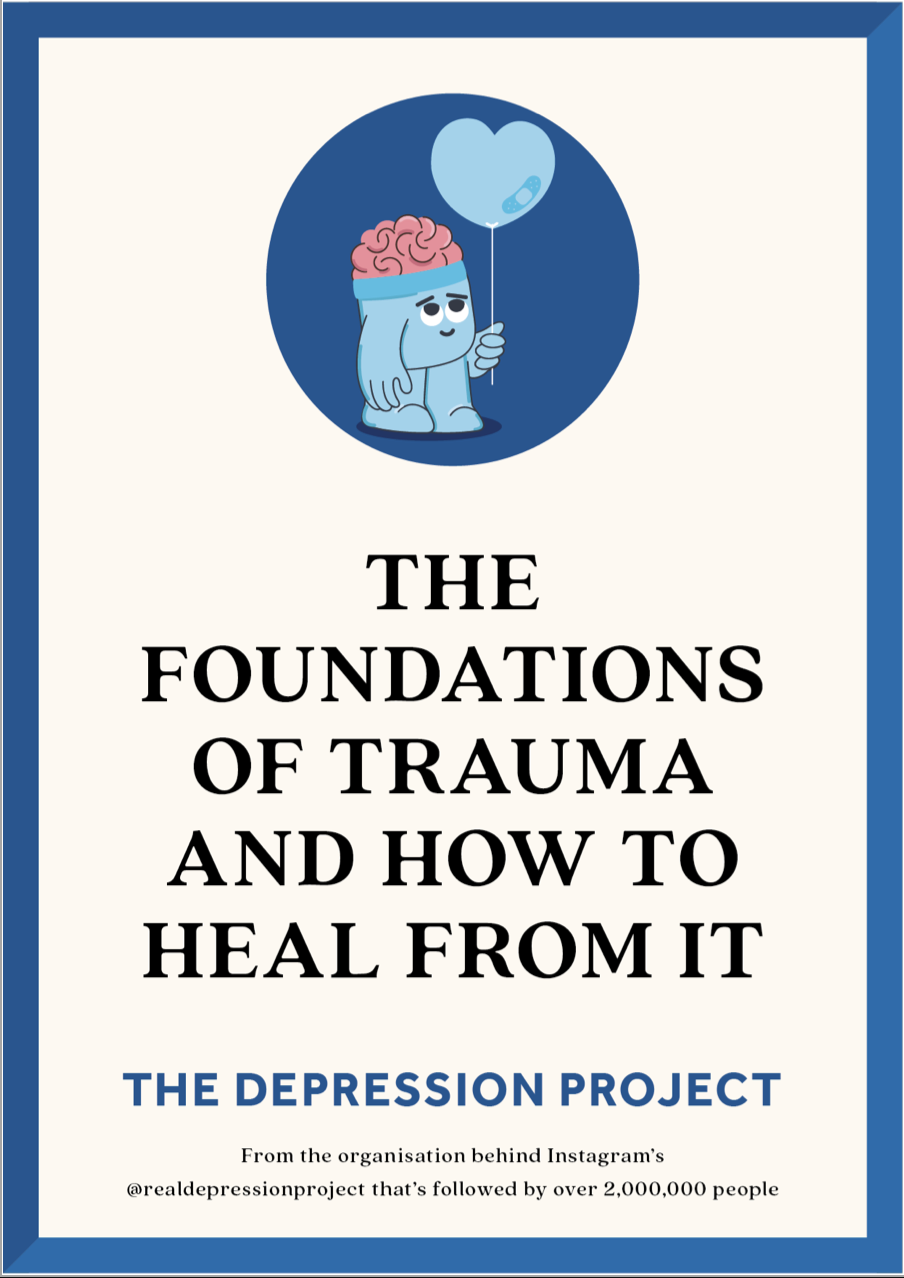
Daily Prompt, 4/10/2024
Cutting down significantly on social media, since it’s cost me countless friendships and really ruined my mental health.

Cutting down significantly on social media, since it’s cost me countless friendships and really ruined my mental health.
Probably my multitude of negative experiences on the internet, where I’ve discovered people tend to show their darkest sides, the time I’ve spent in paid employment, which really illuminated me to the lopsided nature of the United States economy, and my growing up with my biological family, which made me realize blood relatives aren’t always all that great.
Beware of the dangers of the internet. If you have an issue with someone, tell them privately instead of calling them out publicly. Try to keep your real-life identity as secret as you can. Cut toxic websites and people in cyberspace out of your life. Etcetera, etcetera.

I expressed interest in this guide from The Depression Project since I had experienced my share of trauma throughout my lifetime, especially when I accustomed myself to the World Wide Web as it was gaining ground, even before the widespread use of social media. The introduction defines trauma not as an event but rather as how an event overwhelms the body’s capacity to process what is happening. Part one details how to map and regulate the nervous system; chief nervous components include the ventral portion that dictates one’s presence, the sympathetic sector that focuses on mobility, and the dorsal area that involves emotional shutdown.
Part two assists readers in creating dorsal toolkits, opening by mentioning both negative physical and mental feelings when the area is in shutdown mode. Comfort activities can counteract shutdown, including diaphragmatic breathing, telling oneself grounding statements to remain in the present, and aromatherapy. The chapter further suggests techniques like mindfulness exercises (which encompass what one feels, hears, smells, and tastes), gentle mobility like stretching or swaying and connecting with others who register as safe for oneself. Other methods include finding positives in the current environment and journaling things for which one is grateful.
The third section aids the reader in producing a “sympathetic toolkit” to counteract situations like one’s system being mobilized by racing thoughts, with several viable strategies to help one restore their system to safety. The chapter suggests positively reframing racing thoughts and asking the golden question: “If a friend were in my position, would I be telling them the same negative things that I’m currently telling myself?” The book defines cognitive distortions as twisted thought patterns grounded not in reality but in bias, and filter thinking focuses solely on the negative. The final part focuses on anchoring oneself in a mentally safe spot.
Ultimately, I found this to be an illuminating read on overcoming past trauma and learned the critical sectors of the nervous system, alongside terminology for negative thought patterns. However, I was aware of techniques to counter negative feelings, like deep breathing and journaling. I also didn’t care much for the segments that involved providing answer lists in between subsections. As the guide further notes, not every strategy will work for every person; as an autistic, I often struggle with attempts to remember the multitude of methods to counteract whatever hinders my thoughts. Regardless, this is an insightful resource for those wrestling with post-traumatic stress.
The most important invention in your lifetime is…
Probably the worldwide web, but that doesn’t mean “best,” more like Pandora’s box, since it has had major impacts on my life both positive and negative.
How do significant life events or the passage of time influence your perspective on life?
Growing up with my family really influenced my views on traditional family values (not for the better), being in the workforce in recent years vastly affected my views in politics and economics, many negative interactions online influenced my perspective on the true nature of humanity, and so on.
If you could make your pet understand one thing, what would it be?
That I need far more love that most humans in real life and in the internet have failed to give me.
Yes, but I can’t really say if it was better or worse, since before, I had managed to take my education more seriously with studying and such (before I had largely coasted through school), and while the internet definitely opened up more frontiers to me in education, entertainment, and beyond, it was a real pandora’s box since I was never forewarned about its potential dangers, and in some cases, particularly mentally, I’ve suffered as a result.